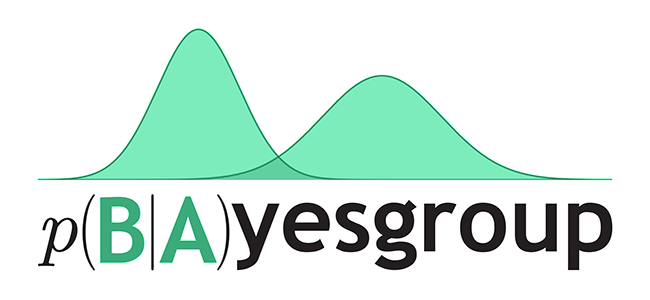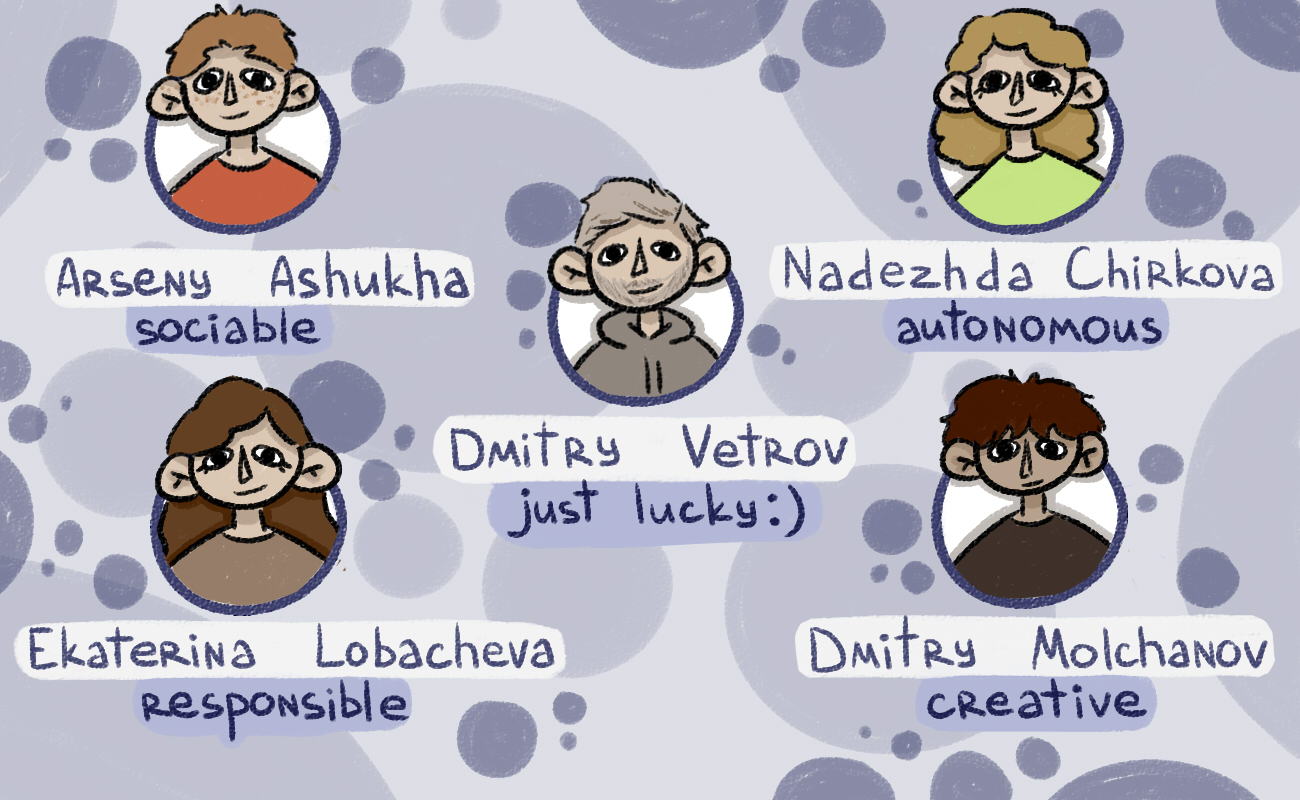Dr. Aibek Alanov
11 Oct 2024We are happy to announce that Aibek Alanov got his PhD on Exploring efficient parameterizations for gans in image and speech generation on October 10!
Generative Adversarial Networks (GANs) have excelled in generating high-quality data, with applications in computer vision and signal processing. However, their training typically requires large datasets, which can be impractical to obtain. This thesis addresses the challenge of training GANs on small datasets using domain adaptation techniques. It introduces efficient StyleGAN parametrizations and compact architectures for speech enhancement. The proposed domain modulation technique significantly reduces the number of parameters needed for StyleGAN training, enabling the HyperDomainNet model for multi-domain adaptation. Further developments led to efficient parametrizations like StyleSpace and Affine+. Additionally, this work explores crucial components of StyleGAN for effective domain adaptation and examines the properties of StyleSpace directions. In speech enhancement, the HiFi++ and FFC-SE models are presented, offering superior performance with fewer parameters. These contributions enhance the efficiency and applicability of GANs in data-limited scenarios.


